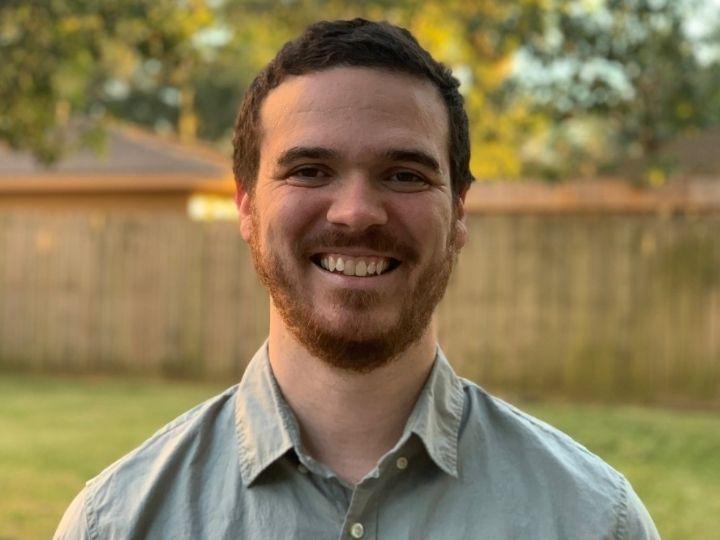University of Houston researcher wins prestigious Beckman Young Investigator Award
Beau Alward, University of Houston assistant professor of psychology, who holds a joint appointment in biology and biochemistry and is director of the Social Neuroscience Lab, has received the Beckman Young Investigator Award by the Arnold and Mabel Beckman Foundation. This marks the first time in history the foundation has awarded the same young professor twice. At Stanford, he was an Arnold Beckman post-doctoral fellow.
Then, and now, the award was based on Alward’s work with the African cichlid fish called Astatotilapia burtoni, or A. burtoni. Alward believes it’s time to elevate the species to become a premier model of social disorders, and he will use the $600,000 prize to do just that.
“With social disorders, like autism, people suffer from an inability to respond to social cues. The cool thing about fish is that they are excellent at responding to social cues,” said Alward. “Within minutes, they form a social hierarchy where they look at other fish around them and assess their color, body size and behavior and then they make a social decision on whether they should be high or low ranking.”
Through that process, Alward can further investigate their decision making to develop a cell-type specific molecular atlas of flexible social behavior.
“The goal is to get a foundation of data where we can say ‘In this species we find a number of these genes and cells are related to their ability to respond to social cues,’ and then we can examine if they are also implicated in autism and other social disorders,” said Alward.
As difficult as that might sound, elevating the status of the A. burtoni to a genetic model of social dysfunction worldwide is even more challenging. That task, as proposed by Alward, requires using Nobel-winning CRISPR/Cas9 gene editing, often referred to as “genetic scissors” to form a greater understanding of the different cells and genes involved. By engineering genetic models through CRISPR editing, a more precise look at how genes behave will be revealed.
Alward also wants to create a collaborative network of A. burtoni research on social dysfunction, open to scientists who wish to explore the key genes in social behavior.
“To fully understand the phenomenon of social disorders, you need to examine a breadth of different species, because what works in one may not work in the other,” said Alward.
###
The Beckman Young Investigator (BYI) Program provides research support to the most promising young faculty members in the early stages of their academic careers in the chemical and life sciences, particularly to foster the invention of methods, instruments and materials that will open up new avenues of research in science.
Media Contact
Laurie Fickman
[email protected]
Original Source
https:/





